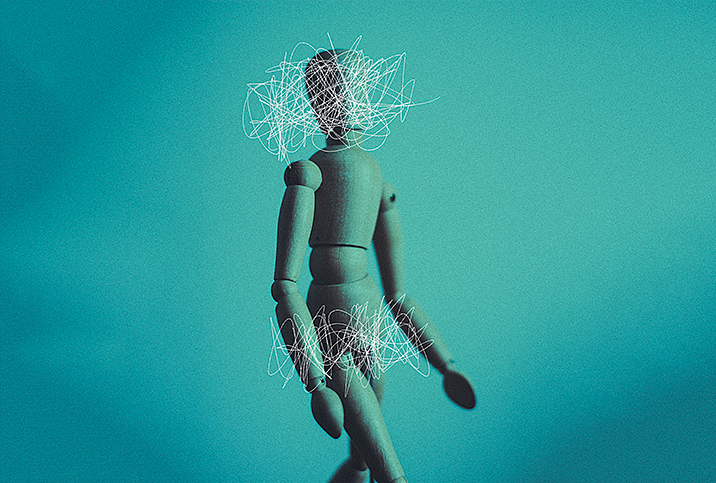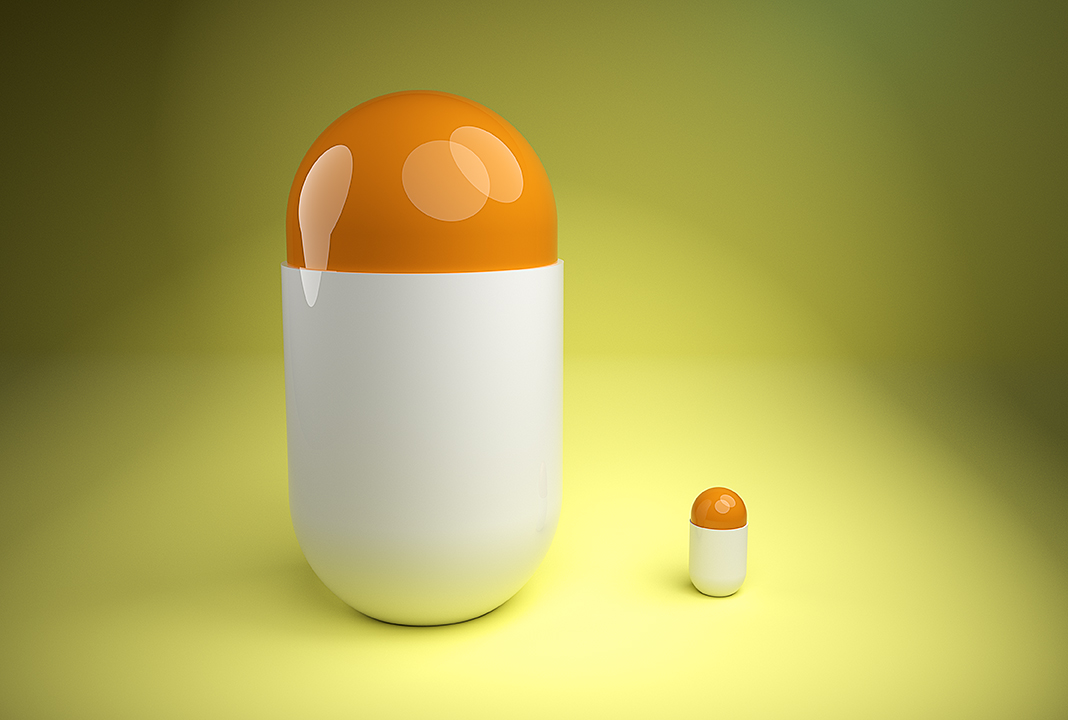Don't Let ADHD Impair Your Erectile Function

Mental well-being is often as important as physical health for sexual performance.
Erectile dysfunction (ED), in particular, can have extremely nuanced contributing factors relating to mental health and a person's cognitive state. It can be misunderstood by many people, especially folks who believe ED is purely in someone's mind and can be overcome through sheer force of will.
Another condition sometimes prone to misunderstanding is attention-deficit/hyperactivity disorder (ADHD). More adults are being diagnosed with ADHD and it's natural for many of them to wonder if there is a connection between the disorder and sexual complications they may experience.
Studies have found a potential correlation between ADHD and issues with sexual function in both men and women, but identifying the causal relationship and the specificity of how it may apply to ED is tricky.
The mind matters
This is an area of study that could use more attention because a number of physical and mental factors intersect with both ADHD and ED. Fundamentally, it makes sense for a condition like ADHD to lead to heightened anxiety and, by extension, potentially ED, said Matthew Mutter, M.D., a urologist and men's health specialist with LSU Health New Orleans.
"Some guys with ADHD may have…some baseline anxiety or something to that effect," he said. "Again, I'm not saying everyone with ADHD has that…Obviously, we know that anxiety can affect erections and cause erectile dysfunction, almost like stage fright/performance anxiety, that sort of thing. And it's just a vicious cycle."
It is true that ADHD and anxiety can be closely connected. The cycle Mutter referred to can involve a complicated pattern for some men in which certain problems never get addressed in the right setting, so they persist in a loop.
"I'd be lying to you if I said I don't have a conversation once or twice a week with a guy that I say, 'Hey, listen, you probably need to seek therapy with a mental health professional for reasons X, Y and Z, because I have no objective reasons for you to have this issue [ED]," he explained. "'And based on what you're telling me, there's definitely a psychological component to your ED.' And so I do have that conversation."
Beyond the component of heightened anxiety or untreated mental health issues that might coincide with an ADHD diagnosis, the medications used to treat the disorder also potentially affect a man's erectile function.
The one-two punch of the mind and medicine, while good for ADHD, may not be good for your erectile health. If that's the case, a wearable medical device that doesn't require a prescription and doesn't come with the negative side effects of drugs can help. Eddie® is an FDA-registered Class II medical device designed to treat erectile dysfunction and improve male sexual performance. In 2021 clinical trials, Eddie was shown to be effective in treating men with physically, psychologically and pharmacologically induced erectile dysfunction.
Strong medicine, strong problems
We know ADHD, or at least some of its coexisting conditions and symptoms, can have an effect on sexual performance or satisfaction. Ultimately, this circumstance involves the management of the conditions. While ADHD may exacerbate the symptoms of ED, there may be another factor involved with how the mental health condition is treated.
"I would say the medications that are taken for ADHD probably [affect ED] even more so, right? Because those are amphetamines, and amphetamines sort of can increase the sympathetic tone in the body," said Marah Hehemann, M.D., a urologist and an assistant professor at the University of Washington in Seattle. "And I have certainly seen many examples of men on treatment for ADHD that come in with things like erectile dysfunction, pelvic floor dysfunction, and that is all related to a kind of high sympathetic tone."
The autonomic nervous system is made up of two branches: sympathetic and parasympathetic. The former is the stress system, which facilitates functions such as the "fight-or-flight" response. The latter is often described as the "rest-and-digest" system. It's responsible for our state of relaxation.
The parasympathetic system promotes erections, so when someone is experiencing high amounts of stress and their body is flushed with elements such as cortisol, obtaining or maintaining an erection becomes difficult. Amphetamine medications also elevate stress levels, hence, the correlation Hehemann drew between ADHD medications and ED. She always highlights this connection for patients who come in complaining of ED, especially younger men who have experienced a bout of ED and are concerned.
"I think there's a misconception that it's 'all in their head,'" she said. "In reality, it's the body, it's a nervous system. It's a part of the body that men don't have direct control over all the time. And that's why it's the autonomic nervous system. It's not very direct control. So I try to reassure folks having ED related to stress and performance anxiety or whatever, it is just a part of your body. It's not just that it's like all in your head and it's like [solely] a psych problem. It's just that it's your nervous system."
Sympathetic care can make a difference
How a person handles these conditions often boils down to personal care. The balance between the sympathetic and parasympathetic nervous systems is one that pivots on a healthy mix of activity, a healthy lifestyle in general and nourishing self-care. You might just need more rest and relaxation, or you might need guidance from a therapist or counselor.
If you're experiencing ED and you think it might be connected to another condition, it's never a bad idea to ask your doctor.


















